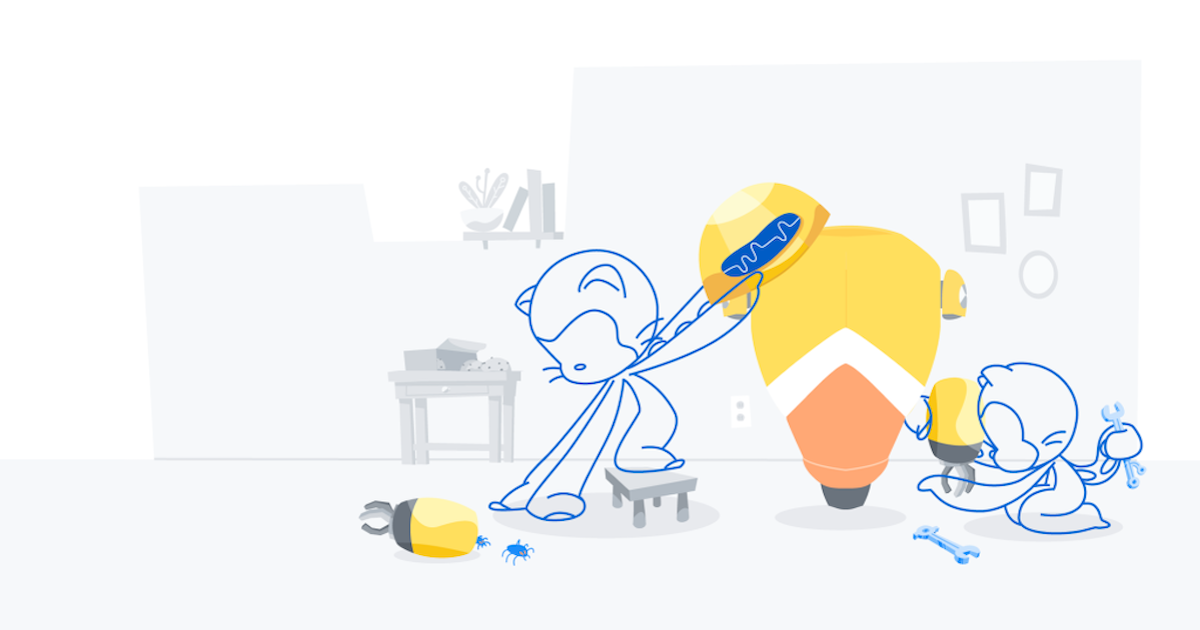
Create repositories using GraphQL
You can now create repositories using the GitHub GraphQL API. Learn more about creating repositories via GraphQL

You can now create repositories using the GitHub GraphQL API. Learn more about creating repositories via GraphQL

Previously, if a Git LFS user had a misconfigured local client it was possible that LFS files were added and locally referenced but not uploaded to the LFS data storage. Consequently,…

Now, when a user with read-only access to a repository comments on an issue, a maintainer of that repository can assign the issue to that user. If the user does…

Organizations on Team and GitHub Enterprise Cloud plans can now choose to display their member’s profile names in comments on private repositories. Learn more about managing the display of member…

New issues on mobile web now have improved editing features! We’ve optimized the design for the mobile authoring experience, making it easier to add links, format text, and take quick…

We’ve added the following to the list of external funding platforms: Community Bridge Liberapay IssueHunt Otechie Include these using community_bridge: <project_name>, liberapay: <handle>, issuehunt: <handle>, or otechie: <handle>, respectively,…

GitHub has partnered with npm for token scanning. This protects users from accidentally committing npm tokens into their public repositories. For more information on token scanning For more information on…

To avoid breaking projects that may depend on a package, GitHub Package Registry no longer supports package deletion or deleting a version of a package. Learn more about deleting a…

If you create a user-owned repository, you will now be automatically watching it for updates. Forks will no longer be automatically watched, even if you are granted push access. Learn…

Jump to definition is now available for a subset of public repositories—supported in Go, JavaScript, Python, Ruby, and TypeScript. Hovering over function and method calls will expose jump-to-definition links for…

The release of GitHub Desktop 2.0 includes four primary features: Stashing: When you have uncommitted changes on a branch and attempt to switch branches, you can now choose to stash…

You are now subscribed to all of your previously authored gists. Learn more about gist activities
Build what’s next on GitHub, the place for anyone from anywhere to build anything.
Last chance: Save $700 on your IRL pass to Universe and join us on Oct. 28-29 in San Francisco.